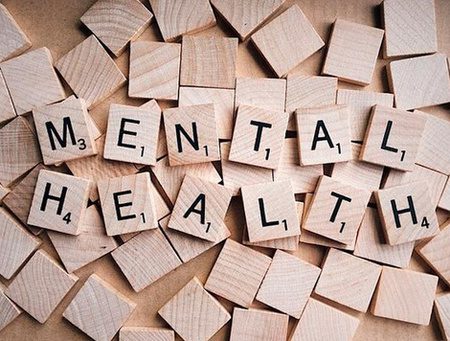Menopause can be an extremely testing time in any woman’s life. We’ve all heard of the dreaded mood swings that are associated with menopause. The reality is, menopause is like a rollercoaster of a journey; there are ups and there are downs. A high number of women over the age of 45 suffer from anxiety, panic attacks and/or depression. So is there a connection with menopause?
Why Can Menopause Cause Anxiety or Depression?
It’s not uncommon to experience heightened stress, anxiety or even depression when going through menopause. In fact, even the months or years leading up to menopause, (known as perimenopause) can cause the same type of mental health problems.
Struggling with Symptoms
Symptoms of menopause can often be truly dilapidating. Some women experience multiple hot flushes throughout the day causing disruption and embarrassment. This might not even end during sleep, with many women reporting extreme night sweats every single night. On top of this, there are many other common uncomfortable symptoms; vaginal dryness and discomfort, loss of sex drive and urinary incontinence to name just a few.
It’s not surprising that dealing with all of these symptoms can cause anxiety and eventually lead to depression. You might become anxious about leaving the house, attending events or even going to bed. It’s
If you’re struggling with symptoms and suspect this might be the culprit, try to reduce them naturally. LaBalance Plus is a one-off purchase that could seriously reduce or even completely eliminate up to 24 different symptoms of menopause. You can read more about how LaBalance works here.
Hormonal Upheaval
Another reason why menopause itself can cause mental health problems is due to the fluctuation in hormones. When you approach menopause, the production of estrogen and progesterone from the ovaries begins to deplete. Eventually, the ovaries stop this hormonal production altogether and you officially become menopausal. This reduction can cause anxiety and panic attacks as well as low moods.
If you’ve never had a panic attack it can be difficult to determine what is going on, the first time you experience one. We hope you never have to experience one, but just in case, here are some things that typically happen during a panic attack:
- Your heart beats very fast due to the sudden increase in adrenaline.
- You might become short of breath, due to how fast your heart is beating.
- You might feel dizzy and weak
- You will sweat as if you’re doing physical activity
- You might become nauseous from the extra adrenaline
- You might not have full sensation in your extremities. People often describe a tingling in their hands and feet.
If you find yourself having a panic attack it can sometimes help to focus on finding three things. One thing you can smell, one thing you can hear and one thing you can touch. This simple act can be grounding and end the panic sooner. Regular, increased stress can increase the likeliness of a panic attack.
In the past, we’ve shared some useful tips for ways to naturally reduce stress. Areas of your life to focus on are exercise and nutrition as well as daily meditation. You can read the full article here.
Finally, it’s important for us to mention that not all cases of anxiety or depression will happen because of menopause. In addition, just because you’re going through menopause, this doesn’t mean there couldn’t be other reasons for things you’re experiencing. If your mental health becomes a problem it’s time to seek help from a medical professional. Remember that you are not alone, with 1 in 3 people suffering from some form of mental health illness.

